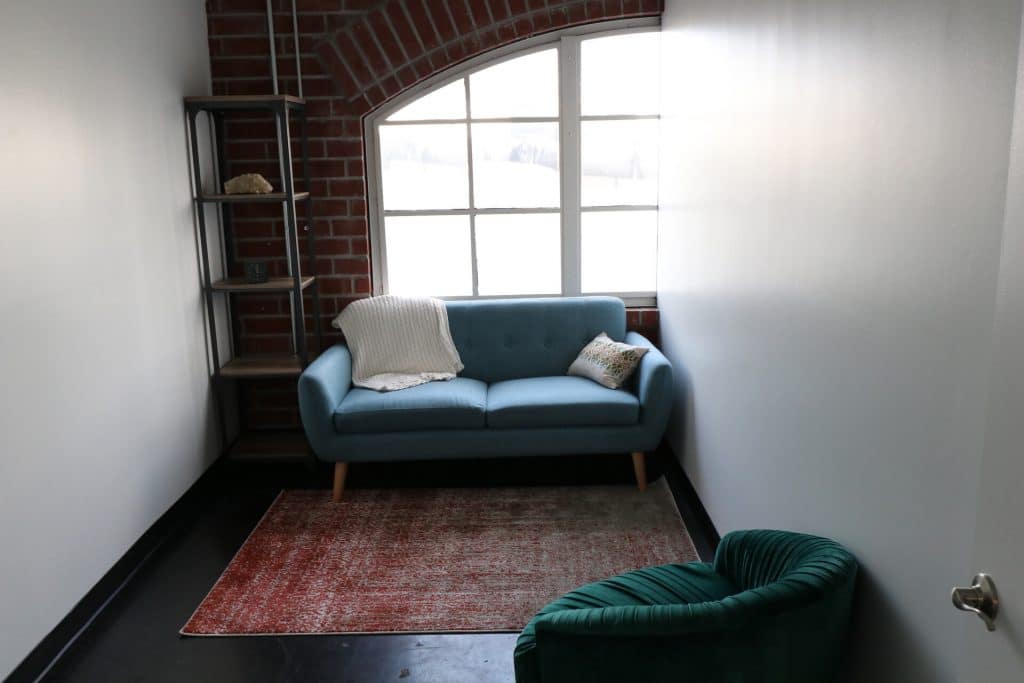Lido Wellness Center Blog
Normalizing Healthy Conflict
February 9, 2021 | Alyson Peña, LPCCA lot of us were not shown how to disagree, argue, or have healthy conflict with other people, especially close loved ones. The role modeling of our parents at a young age resolving conflict is so influential to how we interact with people as adults when we don’t see eye to eye. Just like most things learned, a couple must practice. Step away from the comfort of sweeping things under the rug, exploding, or shutting down and step into courage; courage to show up in your relationship responsibility and maturely.
Connection, Break, Repair – This is the cycle of any close relationship. There is a connection with someone, building trust, shared interests, experiences. Then usually there is some sort of break where one person gets hurt, upsets the other, or loses trust. In a lot of relationships and families after the break there is no repair of what happened. Without a healthy repair and normalization of disagreements and differences, resentment can grow silently and patterns of withdrawal and unhealthy expression can develop. Repair is essential in managing healthy conflict.
Communication repair tools are meant to be used to get up and over differences or obstacles between two people. I have discovered that some couples (or just one partner) can desire lengthy explanations, emotional dialogue that can go on for hours, which can complicate repair with too many words. Now, I do know that some long conversations can be beneficial and feel good for couples at times, but learning a repair tool that can be used as practice and ease some disagreements and conflicts is key to normalizing healthy conflict.
I suggest couples set a day/time to have marriage/relationship meetings once a week for 20-30 minutes with no devices. This helps the two individuals to come prepared to talk and provides a space to pay attention to the health of their relationship. During these A lot of us were not shown how to disagree, argue, or have healthy conflict with other people, especially close loved ones. The role modeling of our parents at a young age resolving conflict is so influential to how we interact with people as adults when we don’t see eye to eye. Just like most things learned, a couple must practice. Step away from the comfort of sweeping things under the rug, exploding, or shutting down and step into courage; courage to show up in your relationship responsibility and maturely.
Connection, Break, Repair – This is the cycle of any close relationship. There is a connection with someone, building trust, shared interests, experiences. Then usually there is some sort of break where one person gets hurt, upsets the other, or loses trust. In a lot of relationships and families after the break there is no repair of what happened. Without a healthy repair and normalization of disagreements and differences, resentment can grow silently and patterns of withdrawal and unhealthy expression can develop. Repair is essential in managing healthy conflict.
Communication repair tools are meant to be used to get up and over differences or obstacles between two people. I have discovered that some couples (or just one partner) can desire lengthy explanations, emotional dialogue that can go on for hours, which can complicate repair with too many words. Now, I do know that some long conversations can be beneficial and feel good for couples at times, but learning a repair tool that can be used as practice and ease some disagreements and conflicts is key to normalizing healthy conflict.

I suggest couples set a day/time to have marriage/relationship meetings once a week for 20-30 minutes with no devices. This helps the two individuals to come prepared to talk and provides a space to pay attention to the health of their relationship. During these meetings, each partner can share two appreciations involving their partner (e.g., “Thank you for sitting with me Tuesday when I was not feeling well, I really liked that you brought home dinner when you knew I had a tough day at work”). Next, using a communication tool or format, each partner shares any concerns or suggestions they witnessed or would like to discuss (e.g., “When you did not respond to my text or answer my question, the story I told myself was that you were too busy out with your friends, In the future could you greet me when you come home before you go upstairs to read”)?
Having a designated time and place to pay attention and normalize differences plus identify positive things that have happened during the week is an excellent way to become more mindful of your relationship and become intentional in resolving conflict. I have often told couples that if you take only one thing away from our work together, I hope you commit to marriage/relationship meetings once a week with your partner. Practicing healthy conflict, getting together regularly, sharing positive things about your partner and relationship, and asking for what you and need and want in the relationship will transform you and your partner. You, then become the role model for the younger generation and help pass down a healthier way to be with the one you love.
Alyson Peña, NCC, LPCC

